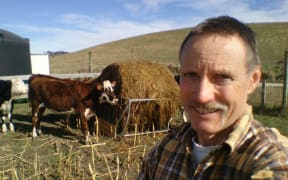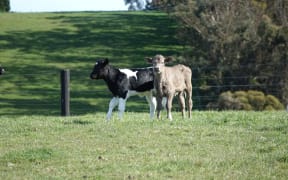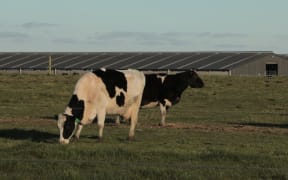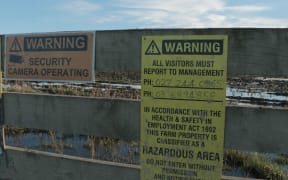Positive tests for cattle disease mycoplasma bovis in the South Island show the disease has spread from South Canterbury to Rangiora in North Canterbury.
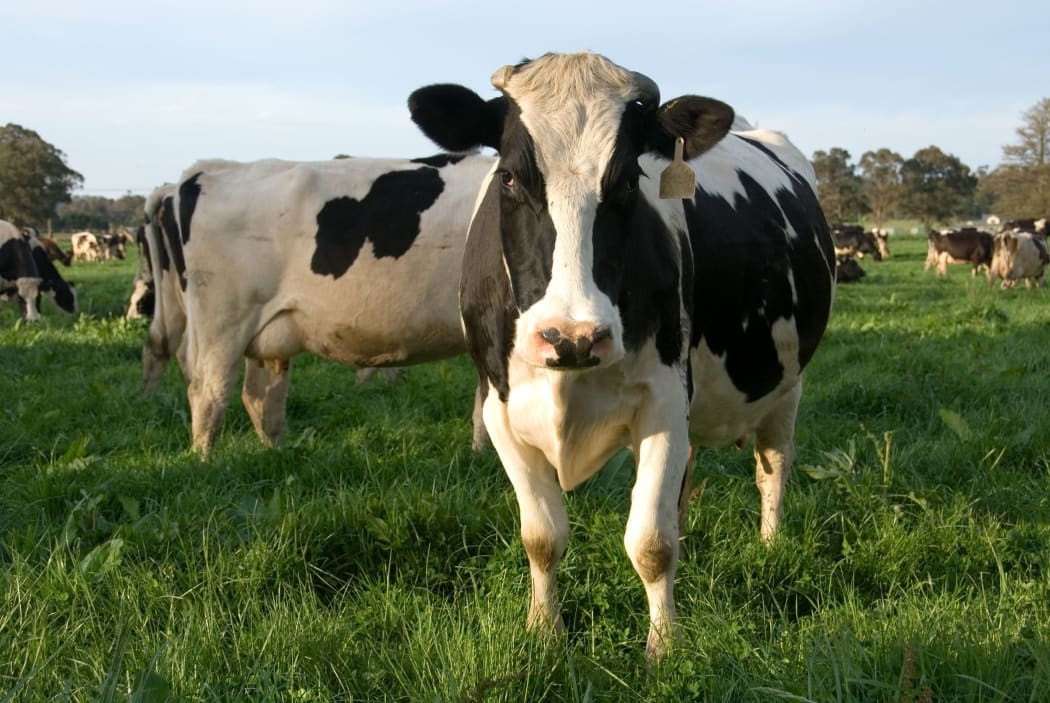
Photo: 123RF
The three new positive tests bring the total of infected farms from three to six.
Two of the new properties are part of the Van Leeuwen Dairy Group in South Canterbury and are already under Restricted Place notices under the Biosecurity Act.
The third new property is a lifestyle block near Rangiora that had received a small number of calves from the farm in North Otago that was confirmed infected last week.
Ministry for Primary Industries response coordinator David Yard said the three properties were linked to existing infected farms and the spread was an entirely expected pattern at this stage of the response.
"There's almost no doubt that these are links to movements of animals from farm to farm," he said.
"We fully expect to find more infected properties as we continue our tracing and testing programme.

Ministry of Primary Industries response co-ordinator David Yard Photo: Supplied
"All detections to date have links to the original infected properties via animal movements and have been caused by close animal contact. What is encouraging is that, despite intensive testing, no adjacent properties have as yet been identified as infected."
Farmers have been concerned about MPI's management of the disease after its discovery late last month, with one farmer recently saying potentially infected bulls had been moved next to his cows.
The disease, mycoplasma bovis, is spread through nose to nose contact, which animals can do through a fence.
It can be fatal in cattle but is not a health risk to humans.
Mr Yard said there was no evidence of the disease spreading by means other than close animal contact.
"This includes the disease having jumped fences - which our scientists and vets tell us is highly unlikely to occur."
He said the policy of not naming affected properties continued, for owners that did not want to be identified.
"However, we do understand community concern about the disease and we are strongly encouraging farmers under controls or investigation to talk to their neighbours, customers and suppliers."
The ministry was also contacting nearby farms, where the risk of the disease was higher.
In a statement, Federated Farmers said it was disappointed, but not surprised, to learn of the new test results.
"This latest identification is obviously disappointing but it was anticipated as the animals were traced back to the origin of the initial outbreak," says Federated Farmers biosecurity spokesperson Guy Wigley.
"It's important to keep things in perspective and not unnecessarily increase anxiety levels amongst farmers.
"Affected farmers are being informed on a regular basis about sample results. The fact is, it's going to take several months to ascertain a definitive result," Mr Wigley said.
